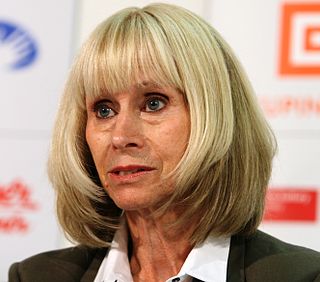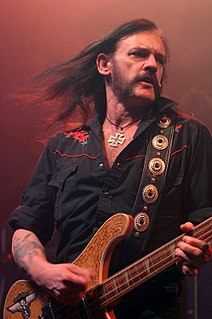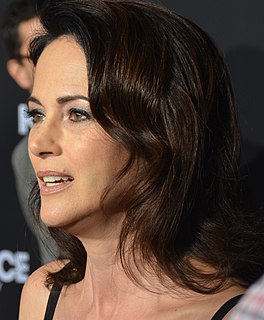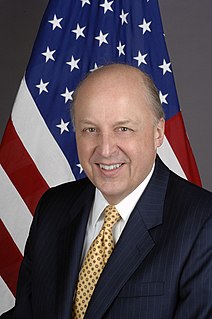A Quote by Asif Kapadia
We were working on 'Senna' for a long time before we were fully financed, so we didn't actually have an editor for a while.
Related Quotes
The weird thing was that I went to Trump rallies thinking I was going to run into militant, right wing, racist people and mostly I didn't. That should have been a clue to me. The people I talked to were not, on the surface level, crazy. They were quite nice, quite normal, employed, and actually were wealthier than the press at that time would have led us to believe. At that time, the narrative was that these were all working poor but these were not working poor. That should've been a clue to me that this was a little bigger than I thought.
All knives and forks were working away at a rate that was quite alarming; very few words were spoken; and everybody seemed to eat his utmost, in self defence, as if a famine were expected to set in before breakfast-time to-morrow morning, and it had become high time to assert the first law of nature.
When [George W.] Bush was elected, I think they thought I would have some sort of special "in" with that administration, to provide some sort of inside poop. Which is not something I'd be interested in doing, and anyway, I didn't. I actually knew more people in his dad's administration. So it was obviously winding down at Rolling Stone, and they were having financial troubles, too. They weren't getting the advertising, and the issues were getting thin. They fired Bob Love, who'd been my editor there for a long time.
We were fortunate at that time we were working with Virgin, and with Flood, probably more well-known as Brian Eno's engineer now and U2's producer, etc. Even though we weren't working in a strictly popular music area, which was great, we were lucky enough to work with people who were on the cusp of those sort of things.
The reason territorial monarchs failed time after time against maritime powers was not that absolutist, non-consensual governments were incapable of building great fleets in peace - quite the reverse - but that they were unable to fund them in the crises of war. Mainly this was because they were forced to divert resources from the fleet to their armies, to fight territorial rivals frequently financed by their maritime enemy from the profits of sea trade.
Woodfall wasn't deliberately telling working-class stories, but John Osborne and other writers who were involved with them were writing those stories, which had never really been written before. The working-class person always had to have an accent before, was often a joker, and peripheral. At Woodfall, they were driving the film.
When Benjamin Disraeli spoke of the 'two nations' in Britain he was perfectly right, only the working classes were not exactly a nation. But the gap in behavioral standards and in outlook, and of course in standards of living, were enormous. And in course of time, at least in countries such as Britain, the working classes more or less adopted and have become assimilated to the standards of the so-called 'gentle' classes. That is assimilation.The working class has hardly been able to govern, but they are no longer outsiders in relation to the state as they were before.





































